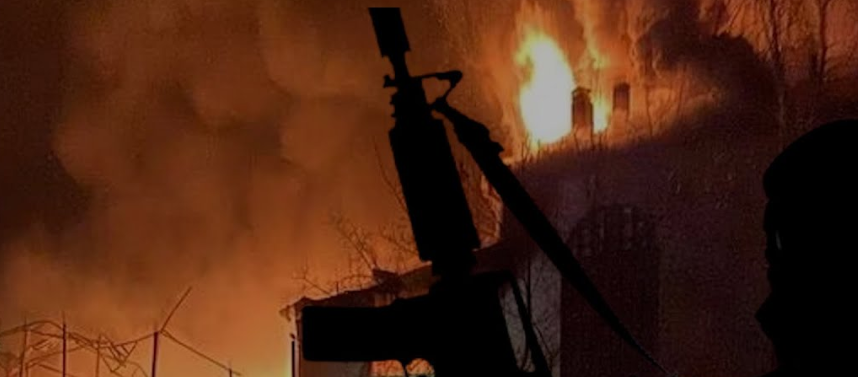In a major turn in the investigation of the May 9 riots, a Sargodha anti-terrorism court handed down a 25-year prison sentence to Muhammad Ismail for his involvement in the violent assault on the Mianwali Judicial Complex.
Judge Muhammad Naeem Sheikh delivered the ruling on Friday in case number 349/23, holding Ismail responsible for arson and property damage during the attack, which was part of the wider unrest that broke out following the arrest of former Prime Minister Imran Khan last year.
But Ismail isn’t the only one facing consequences.
The court has also issued stern orders to the Mianwali District Police Officer, directing him to round up 51 individuals who remain on the run. These include several notable figures linked to the Pakistan Tehreek-e-Insaf (PTI) party — Ahmed Khan Bhachar, Ahmed Chattha, and Bilal Ijaz among them. Authorities have been given one month to track them down and present them before the court.
Among the most high-profile absconders is Omar Ayub Khan, the National Assembly’s Opposition Leader. Despite a non-bailable warrant already issued for his arrest, Ayub remains elusive. The court has directed that legal proceedings against him continue in absentia.
This ruling follows closely on the heels of a similar clampdown in Faisalabad, where another anti-terrorism court issued sentences to several prominent PTI members in connection with separate May 9 incidents. Senate Opposition Leader Shibli Faraz, Member of the National Assembly Zartaj Gul, and religious leader Sahibzada Hamid Raza were among those convicted.
The May 9 violence marked one of the most turbulent days in recent Pakistani political history, with protests turning destructive in multiple cities after Khan’s dramatic arrest. Judicial complexes, military installations, and public infrastructure became flashpoints of unrest — drawing a harsh response from law enforcement and the courts alike.
The latest court actions signal an aggressive continuation of that crackdown, particularly targeting PTI’s top leadership and foot soldiers accused of orchestrating or participating in the unrest. As legal pressure mounts, it remains to be seen how the party navigates the deepening crisis.
